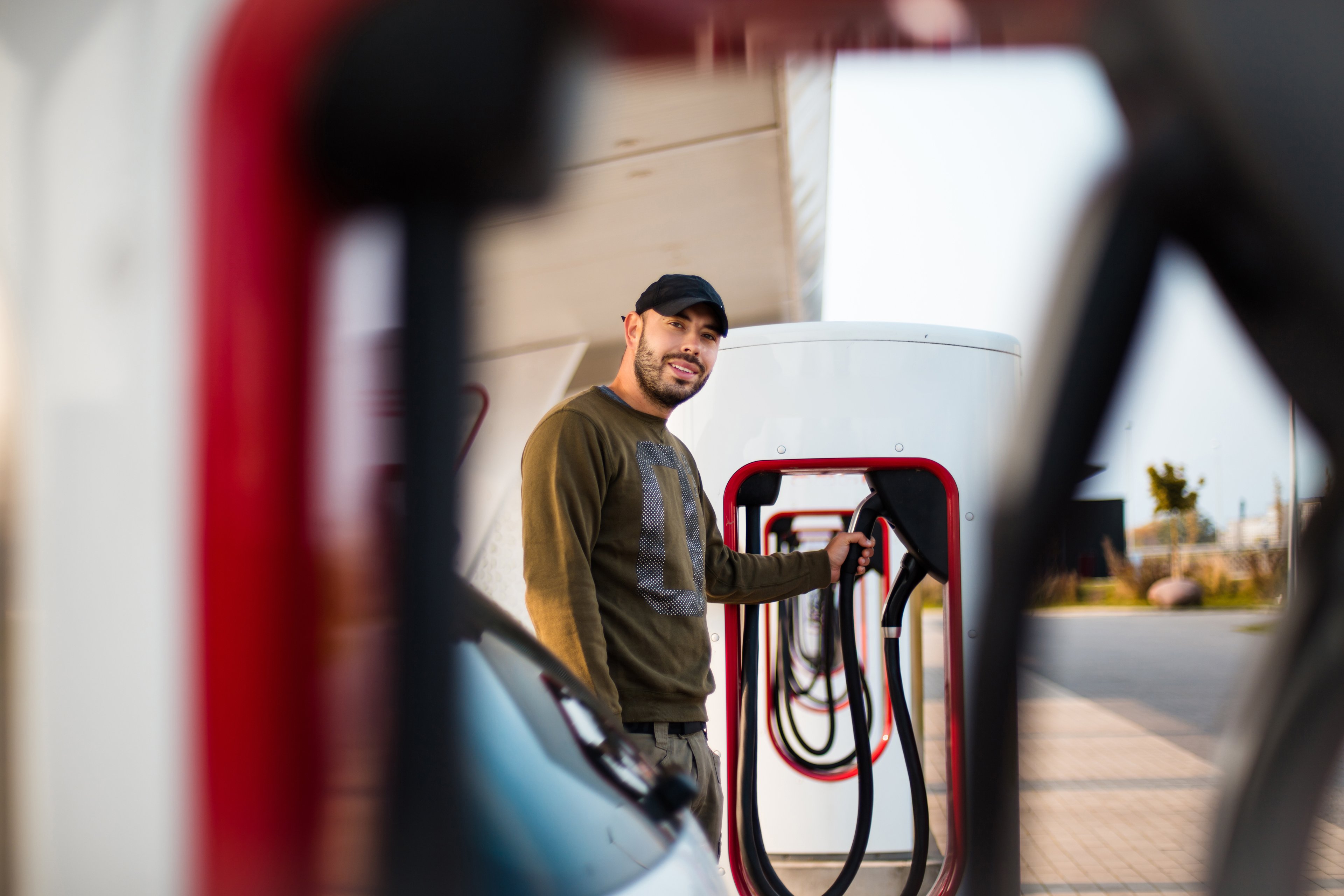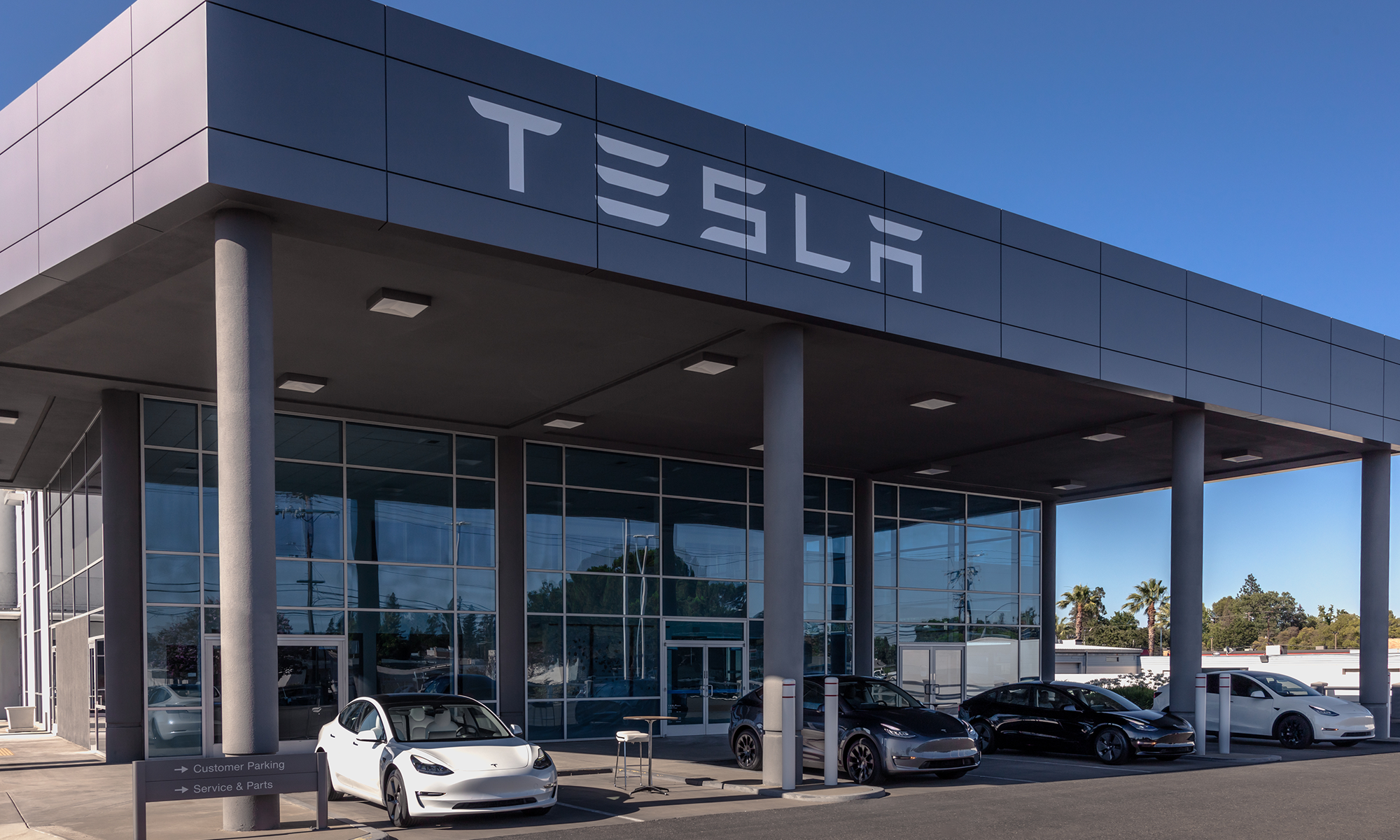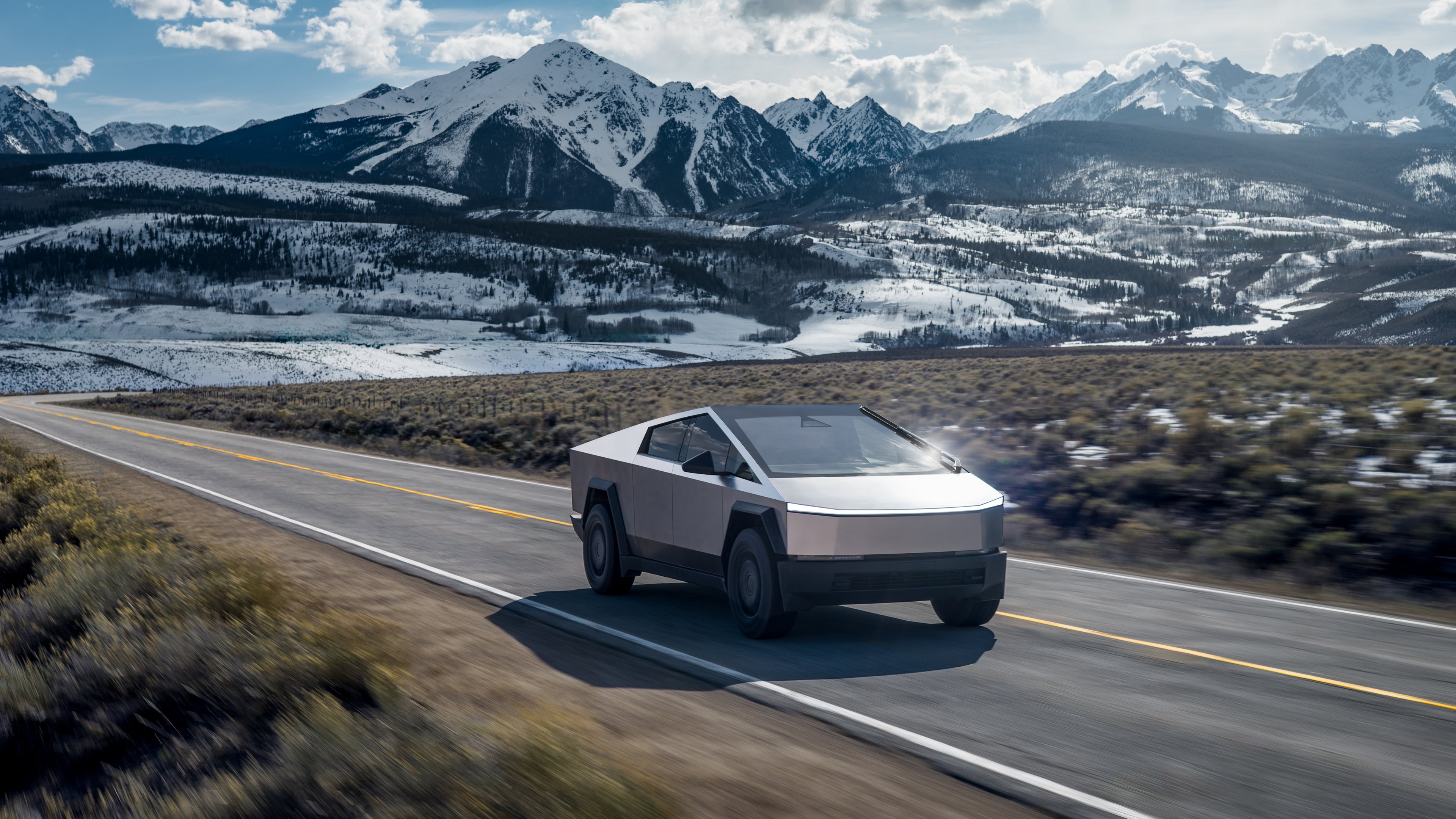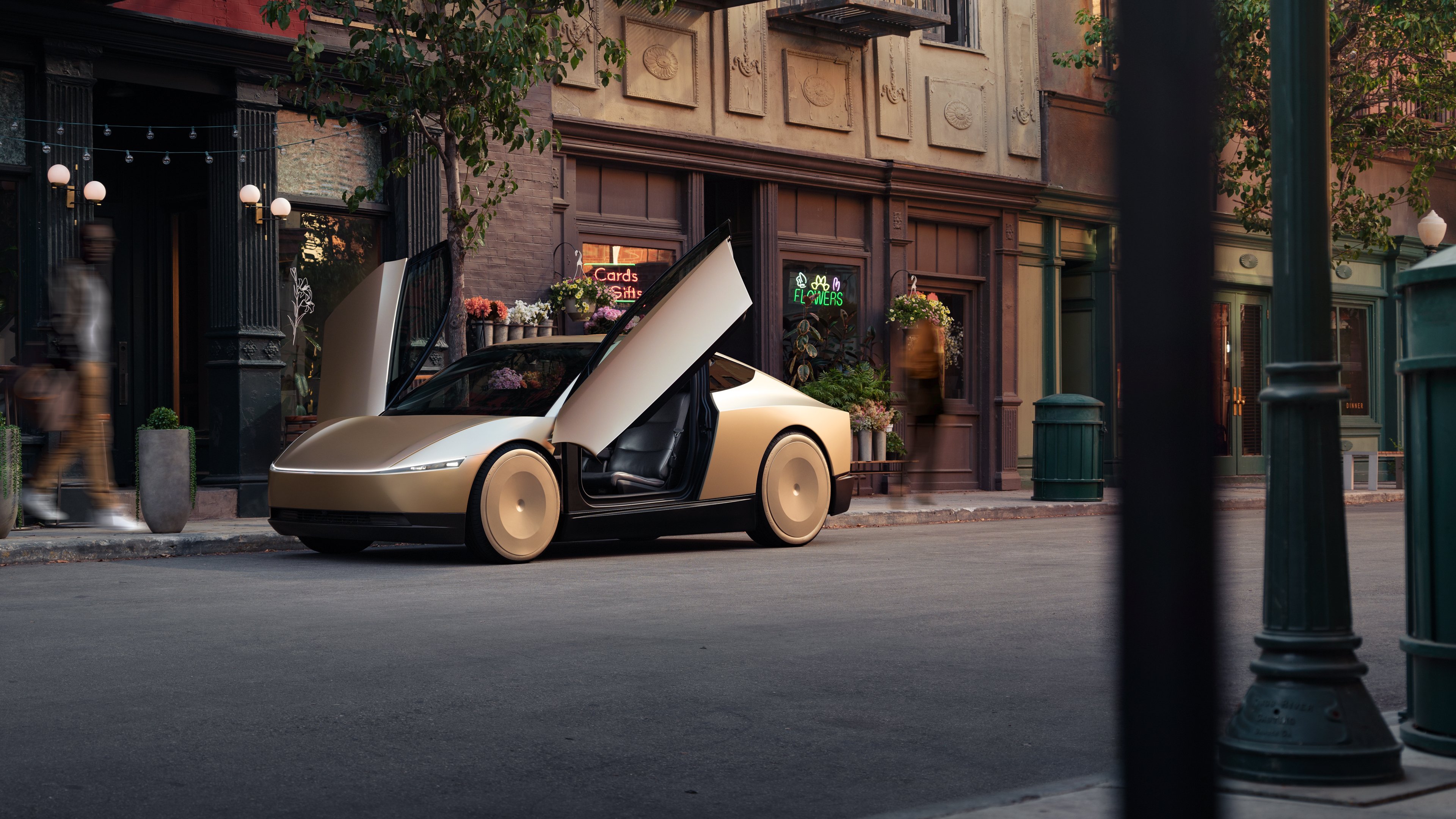Tesla Motors (TSLA 0.16%) was one of the best-performing stocks last year -- more than quadrupling in value -- and that momentum should continue in 2014 as the electric-car maker enters the world's largest auto market. But unlike traditional automakers selling in China today, Tesla isn't going to up-charge its customers. The California-based company shocked many on Wall Street this week after announcing pricing in the Chinese market that's significantly below the industry standard. On top of this, Tesla's CEO Elon Musk said he plans to open a Tesla factory in China, but more on that in a minute.
First, let's dissect why Tesla's pricing strategy in the Asian country is another prescient move for the company.
The road less traveled
Tesla plans to sell its 85-kilowatt-battery-equipped Model S for 734,000 yuan. That breaks down to roughly $121,370 U.S. dollars, which reflects what Tesla will pay in Chinese taxes, duties, and transportation costs. For comparison, other luxury automakers including BMW and Audi often charge marked up prices for vehicles sold in China. Musk was quick to point this out in a blog post this week writing,
"We know that our competitors will try to convince Chinese consumers that our relatively lower price tag means the Model S is a lesser car, when the real reason their car costs more is that they make double the profit per car in China compared to the United States or Europe."
Tesla is taking the high road to customer satisfaction, and it should pay off for the EV maker. Still, some critics argue that a price point of 734,000 yuan is far higher than any Chinese-made electric cars, which at the highest range sell for around 200,000 yuan after government subsidies, according to The Wall Street Journal. Additionally, because its cars aren't made in China, Tesla's Model S sedans don't qualify for government incentives like other EVs in the region.
But this is hardly a setback for Tesla. After all, the Model S doesn't want to compete with other gas-free cars per se. Instead, it aims to take market share from global luxury automakers such as BMW, whose 5 Series GT has a starting price of $738,000 in China.

Tesla's Model S makes a trip to China.
Building a plant in China
Offering a fair price for its cars plays into Tesla's desire to expand sales throughout the greater China region. While Tesla won't officially hand over Model S cars to Chinese buyers until March, Musk is optimistic about the company's expansion there. In fact, he estimates that Tesla could see as many, if not more, sales in China than it does in the U.S. market. That's encouraging, particularly given Musk's track record of being accurate in his expectations.
Musk is so confident this pricing strategy will succeed in the region, in fact, that he anticipates opening a local factory in China to help meet production demands. In a recent interview with Bloomberg, Musk said that there's no doubt Tesla will have a factory in China, though he didn't specify as to when this would happen.
While Tesla prides itself on being an American company that manufactures its zero-emission vehicles in the United States, there are substantial cost advantages to operating factories abroad. Having a plant in China would enable Tesla to deliver its Model S cars more quickly in the region, while also slashing the cost of import duties. With import taxes adding as much as 25% to the cost, establishing a factory in China could prove a viable long-term strategy for the company.






